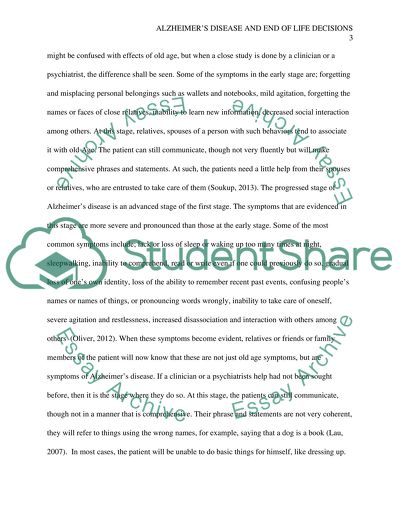Cite this document
(“Alzheimer's Disease and End of Life Decisions Research Paper”, n.d.)
Alzheimer's Disease and End of Life Decisions Research Paper. Retrieved from https://studentshare.org/health-sciences-medicine/1496382-social-work-practice-in-palliative-care
Alzheimer's Disease and End of Life Decisions Research Paper. Retrieved from https://studentshare.org/health-sciences-medicine/1496382-social-work-practice-in-palliative-care
(Alzheimer'S Disease and End of Life Decisions Research Paper)
Alzheimer'S Disease and End of Life Decisions Research Paper. https://studentshare.org/health-sciences-medicine/1496382-social-work-practice-in-palliative-care.
Alzheimer'S Disease and End of Life Decisions Research Paper. https://studentshare.org/health-sciences-medicine/1496382-social-work-practice-in-palliative-care.
“Alzheimer'S Disease and End of Life Decisions Research Paper”, n.d. https://studentshare.org/health-sciences-medicine/1496382-social-work-practice-in-palliative-care.


